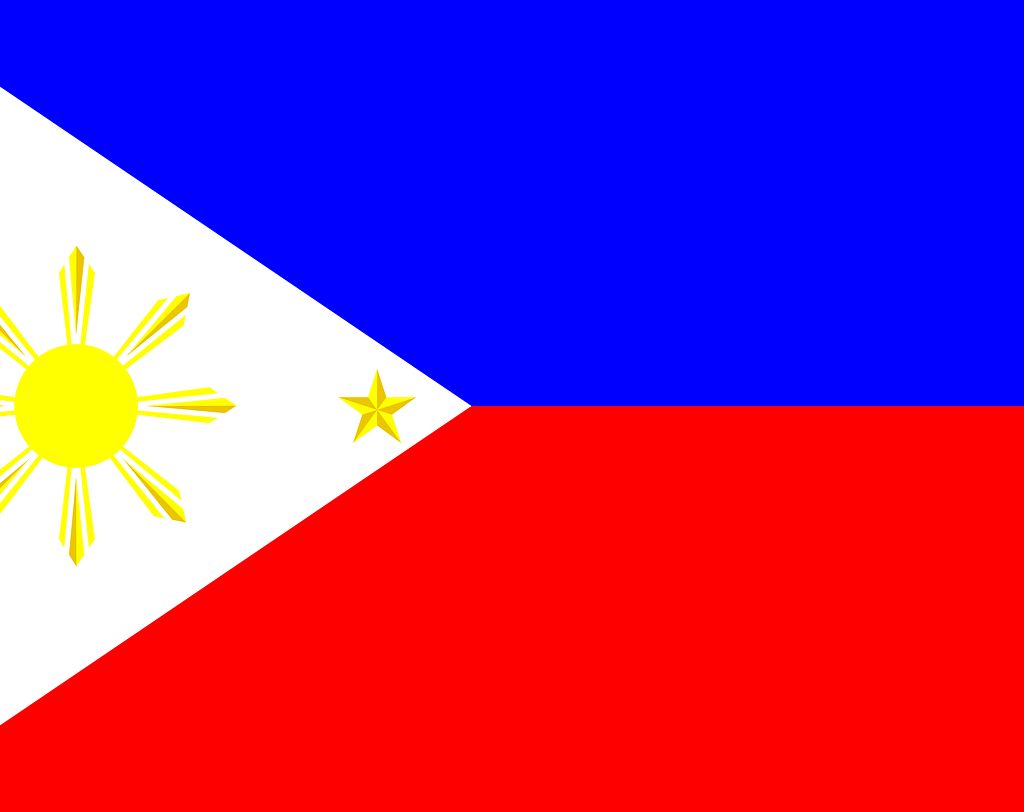The European Union and the Philippines have announced the creation of a new Security and Defence Dialogue, deepening their strategic cooperation as tensions mount in the Asia-Pacific region. The initiative underscores Europe’s growing role in global security and its resolve to counter the threats posed by China and Russia.
The dialogue, agreed during a joint press conference in Manila, will serve as a structured platform for both parties to strengthen joint action against transnational threats, including cyber attacks, disinformation campaigns, and foreign interference. The move builds on the 2012 EU-Philippines Partnership and Cooperation Agreement, which came into force in 2018.
Philippine Foreign Secretary Enrique Manalo welcomed the initiative, noting that “through the security and defence dialogue, we will remain proactive and united in addressing emerging security threats that transcend borders.” Manalo pointed in particular to the growing need to confront cyber threats and disinformation efforts targeting both nations.
Kaja Kallas, the EU’s High Representative for Foreign Affairs and Security Policy and Vice-President of the European Commission, emphasized Europe’s commitment to the rule of law and a rules-based international order. She stressed the importance of supporting Southeast Asian partners in upholding the principles of international law in the region, particularly in the contested South China Sea. “We are committed to promoting peace and addressing common concerns, from the South China Sea to Russia’s war against Ukraine,” Kallas said.
Europe and the Philippines will set up a new “security and defense dialogue" as the EU strengthens ties with Asian nations amid threats from China and Russia.https://t.co/GeZpw4cjWD
— Finbarr Bermingham (@fbermingham) June 2, 2025
Speaking to reporters, Kallas reiterated the EU’s opposition to coercion and any attempts to unilaterally alter the status quo in the Indo-Pacific. “We are firm believers in international law. We have UNCLOS, we have maritime security arrangements, and we reject any unilateral changes to the status quo, including the use of coercion,” she said. When asked about the EU’s “red line” in the event of Chinese aggression toward Taiwan, Kallas was unequivocal: “We are willing to defend the law as well. If you don’t defend the law, the situation in the world would be much, much different.”
The announcement comes at a time of heightened tensions in regional waters. Manila and Brussels have voiced strong concern over what they have called China’s “illegal, coercive, aggressive and deceptive measures” against Philippine vessels and aircraft in the South China Sea. In response, the Chinese embassy in Manila this week condemned the EU’s remarks and urged the Philippines to resume direct dialogue with Beijing.
Kallas’s visit to the Philippines follows her appearance at the Shangri-La Dialogue in Singapore, where European leaders including French President Emmanuel Macron called for greater European engagement in the region and warned against coercive actions by China. European officials increasingly view the Indo-Pacific as central to their security interests and are seeking stronger partnerships with countries such as the Philippines to safeguard maritime rights and uphold international norms.
The EU-Philippines dialogue is expected to lead to closer cooperation on a range of issues, from cyber defence and maritime awareness to capacity-building and countering disinformation. It also reflects a wider pattern of Philippine diplomacy as Manila continues to broaden its strategic partnerships beyond its traditional alliance with the United States. A high-level U.S.-Philippines “2+2” dialogue is scheduled for late July, and the Philippines is pursuing deeper security ties with Japan, South Korea, Australia, and several European nations.
The launch of the new dialogue underscores Europe’s evolving global security role and its determination to help preserve stability in the Indo-Pacific. For both Brussels and Manila, it signals a shared commitment to defending international law in an increasingly volatile strategic environment.

